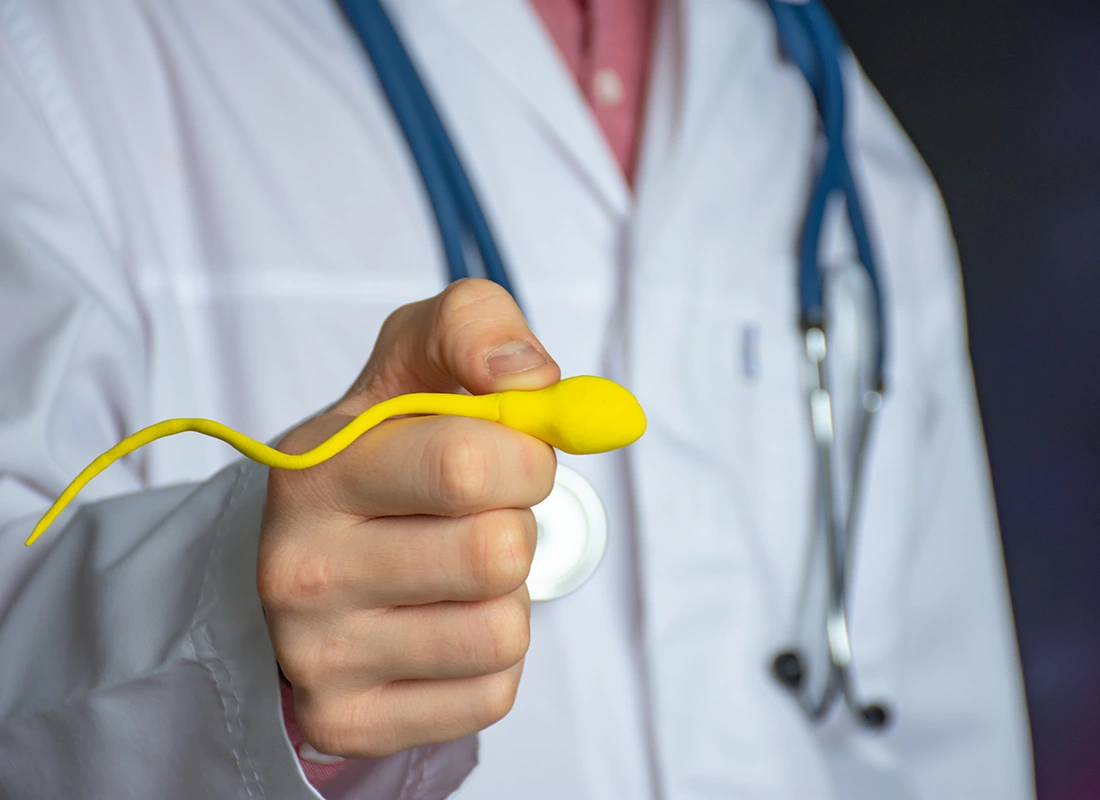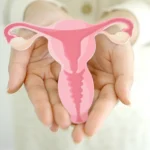Fertility is often perceived as a women’s health issue, but in reality, male fertility plays an equally important role in conception. Male fertility is determined by the quality, quantity, and motility of sperm. If any of these factors are compromised, it can result in difficulty conceiving, even when the female partner has no reproductive issues.
In India, where societal norms often place the burden of infertility on women, it’s crucial to address andrological (male-related) causes of infertility with equal importance. Let’s dive deeper into the factors that affect male fertility and how they can be treated.
Factors Affecting Male Fertility
Male fertility can be influenced by a combination of genetic, lifestyle, environmental, and medical factors. Some of the key elements include:
- Sperm Quality & Count – Healthy sperm should have good motility, normal shape (morphology), and be present in adequate numbers.
- Hormonal Imbalances – Low levels of testosterone and other reproductive hormones can affect sperm production.
- Lifestyle Choices – Smoking, excessive alcohol consumption, drug use, and obesity can negatively impact sperm health.
- Stress & Anxiety – Chronic stress can lead to hormonal imbalances, affecting sperm production and libido.
- Environmental Exposure – High heat, radiation, and chemicals (such as pesticides and heavy metals) can lower sperm count and quality.
- Medical Conditions – Conditions such as varicocele (swollen veins in the scrotum), infections, diabetes, thyroid disorders, and previous surgeries can lead to infertility.
Common Reasons for Low Male Fertility
Several conditions can contribute to male infertility. Some of the most common andrological causes include:
1. Oligospermia (Low Sperm Count)
Oligospermia is a condition where the sperm concentration in semen is lower than normal. It can be caused by lifestyle factors, hormonal imbalances, or genetic conditions.
2. Azoospermia (No Sperm in Semen)
This is a severe condition where there is no sperm present in the ejaculate. It can be due to blockages, testicular failure, or hormonal disorders.
3. Asthenozoospermia (Poor Sperm Motility)
Even if sperm count is normal, sluggish or immotile sperm may not be able to reach the egg, making natural conception difficult.
4. Teratozoospermia (Abnormal Sperm Morphology)
Sperm with structural abnormalities may struggle to penetrate and fertilize an egg.
5. Varicocele
A varicocele is an enlargement of the veins in the scrotum, leading to increased testicular temperature and reduced sperm production.
6. Erectile Dysfunction & Ejaculatory Issues
Conditions like premature ejaculation, retrograde ejaculation (semen entering the bladder), and erectile dysfunction can prevent successful conception.
How to Improve Male Fertility
Improving fertility is a combination of lifestyle modifications and medical interventions. Here’s what you can do:
1. Maintain a Healthy Diet
Consume a nutrient-rich diet with antioxidants, zinc, vitamin C, and omega-3 fatty acids to boost sperm production. Foods like nuts, spinach, citrus fruits, and fatty fish are great for sperm health.
2. Exercise Regularly
Regular physical activity helps maintain a healthy weight and improves testosterone levels, boosting fertility.
3. Avoid Smoking & Alcohol
Both smoking and alcohol consumption have been linked to reduced sperm count and quality. Quitting these habits can significantly improve reproductive health.
4. Reduce Stress & Get Enough Sleep
Chronic stress increases cortisol levels, which can negatively impact testosterone production. Practicing yoga, meditation, or therapy can help manage stress.
5. Wear Loose-Fitting Clothes
Tight underwear or excessive heat exposure (hot tubs, saunas, laptops on the lap) can reduce sperm production. Wearing loose boxers and avoiding heat exposure can improve sperm health.
Male Fertility Treatments
If lifestyle changes are not enough, medical treatments can help address male infertility. Some common fertility treatments for men include:
1. Medications & Hormonal Therapy
- Fertility medicine for men, such as Clomiphene Citrate or hCG injections, can stimulate sperm production.
- Hormone replacement therapy (HRT) may be recommended for men with hormonal imbalances.
2. Surgical Interventions
- Varicocelectomy – A surgical procedure to treat varicoceles and improve sperm production.
- Vasectomy Reversal – For men who have had a vasectomy and wish to conceive naturally.
3. Assisted Reproductive Techniques (ART)
If natural conception is not possible, assisted reproductive techniques like IVF and ICSI treatment can help:
- In Vitro Fertilization (IVF) – Sperm is combined with an egg in a laboratory setting and implanted into the woman’s uterus.
- Intracytoplasmic Sperm Injection (ICSI) – A single healthy sperm is directly injected into an egg, improving fertilization chances, especially in cases of severe male infertility.
Do Fertility Drugs for Men Really Work?
Several fertility supplements and drugs are marketed for male infertility, but not all are scientifically backed. Health supplements like Coenzyme Q10, Resveratrol and hCG injections can be effective, but it’s essential to consult a fertility specialist before using them. Over-the-counter supplements may not always be reliable or beneficial.
Conclusion: Take the Next Step Towards Parenthood
Male fertility is a critical factor in conception, and understanding its challenges can help couples make informed decisions. If you’ve been trying to conceive without success, it’s time to seek expert advice.
At Bud IVF, we specialize in diagnosing and treating male infertility with advanced medical solutions tailored to your needs.






